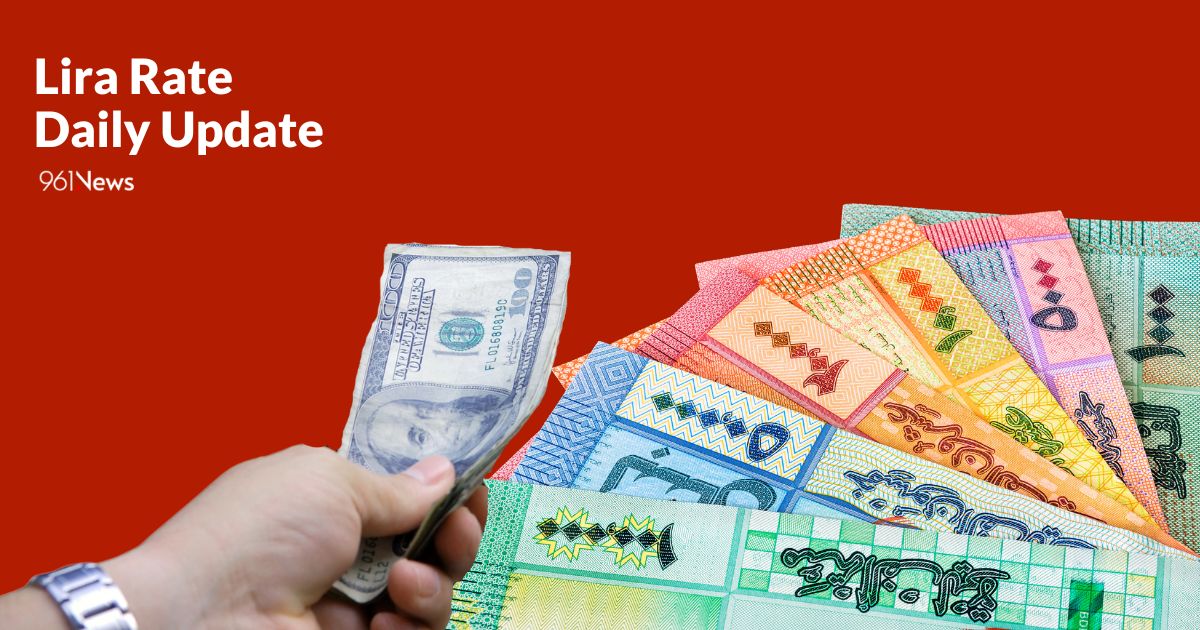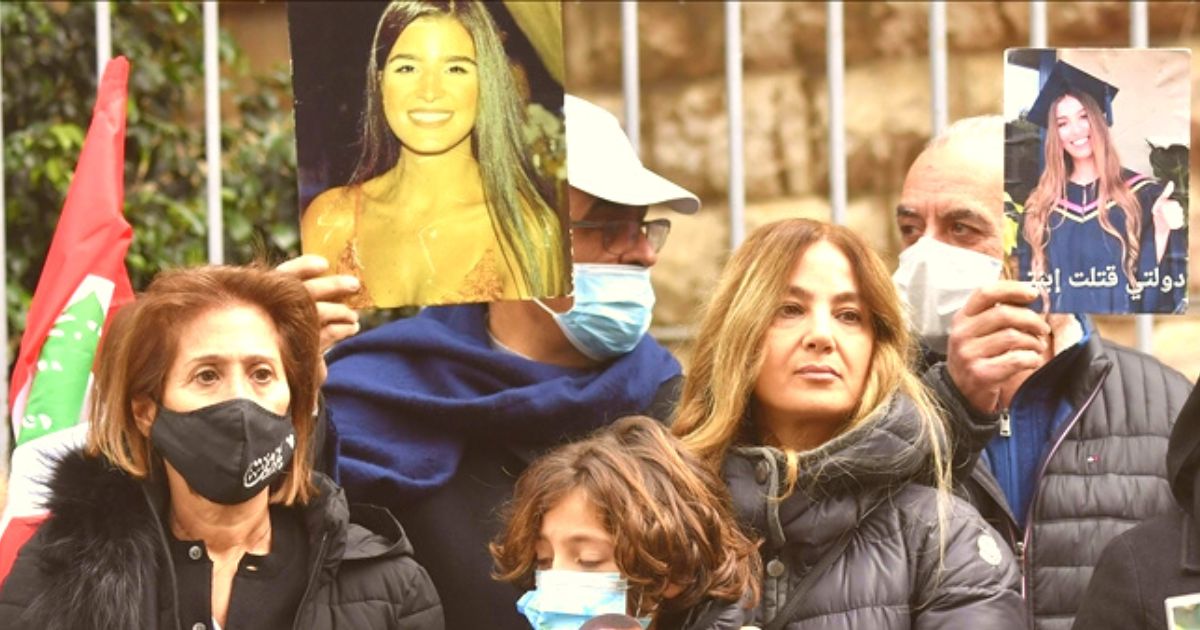In a report by Al-Jadeed, Lebanon’s President Michel Aoun is quoted to have wished he had inherited his grandfather’s garden and had never become the country’s president.
It is no secret that it was Aoun‘s lifelong dream to be president, promising to make Lebanon better, eradicate corruption, and bring in reforms and improvements. Yet, the opposite is what has occurred during his presidency. In his infamous words back in September of last year, Lebanon is “going to hell.“
True to fact, Lebanon is suffering its worst crises ever in modern history and is stuck in a political deadlock he has co-created.
When he came back in 2005 as an exiled General, he was regarded as a “tsunami” and revered by many, which hasn’t been the case for years now at the disastrous situation the people have been enduring under his watch.
“I didn’t imagine that I would be shackled to this point [as president],” he said during the interview with Al-Jadeed, justifying himself. He mentioned that he proposed tens of laws but they were buried in the drawers of the Parliament.
He also claimed having succeeded in eliminating “a large part of political feudalism, and there is only one left.” However, this isn’t what is evident in today’s reality in Lebanon as it continues to greatly suffer under political feuds and rampant corruption that have brought the country to collapse.
When seeking the presidential position, Aoun had fervently campaigned against the embedded corruption, promising to eradicate it once president, which had brought a big chunk of the Lebanese population to follow him. Yet, that didn’t happen.
He admitted during the interview with Al-Jadeed that he had not thought back then that corruption was so deeply embedded so much that it extends to the judiciary.
Controversially, Aoun, all knowingly of the embedded corruption the people of the revolution have been protesting against, did condemn the protesters for “striking Lebanon’s stability” and call for military intervention earlier in March.
When now asked by Al-Jadeed to offer a comparison between the time he was a free “tsunami” General to now as a shackled president, he replied that not long ago he told his wife, “If only I had inherited my grandfather’s garden instead of becoming a president.”
Al-Jadeed concluded its report by wondering if Aoun‘s legacy will be remembered as the one of social and economic collapse, or as the turning point to the creation of a whole new Lebanon.
That “new Lebanon” the Lebanese are aching for and fighting for won’t however be of Aoun‘s doing. Up till now, he is holding tight to his stance towards a formation of a new government that could save Lebanon. That if it will be formed for that purpose and before it is too late.
True to facts, this ruling will be recorded in history as that of compounding crises, prevailing political feuds, harsh living conditions, the Lebanese Lira crashing down to unprecedented low records, negligence, corruption, massive protests, banks holding on to people’s money, skyrocketing prices, smuggling of subsidies, poverty and unemployment rates swelling, and, most unforgettable, The Beirut Explosion.
That tragedy that killed hundreds of innocent people and ravaged half the capital could have been avoided had Aoun acted as “a tsunami” and ordered the immediate removal of the ammonium nitrate at the Beirut Port.
Aoun‘s term ends in October 2022. A major miracle is certainly needed to “hand over the country better than he received it” as he had pledged.





